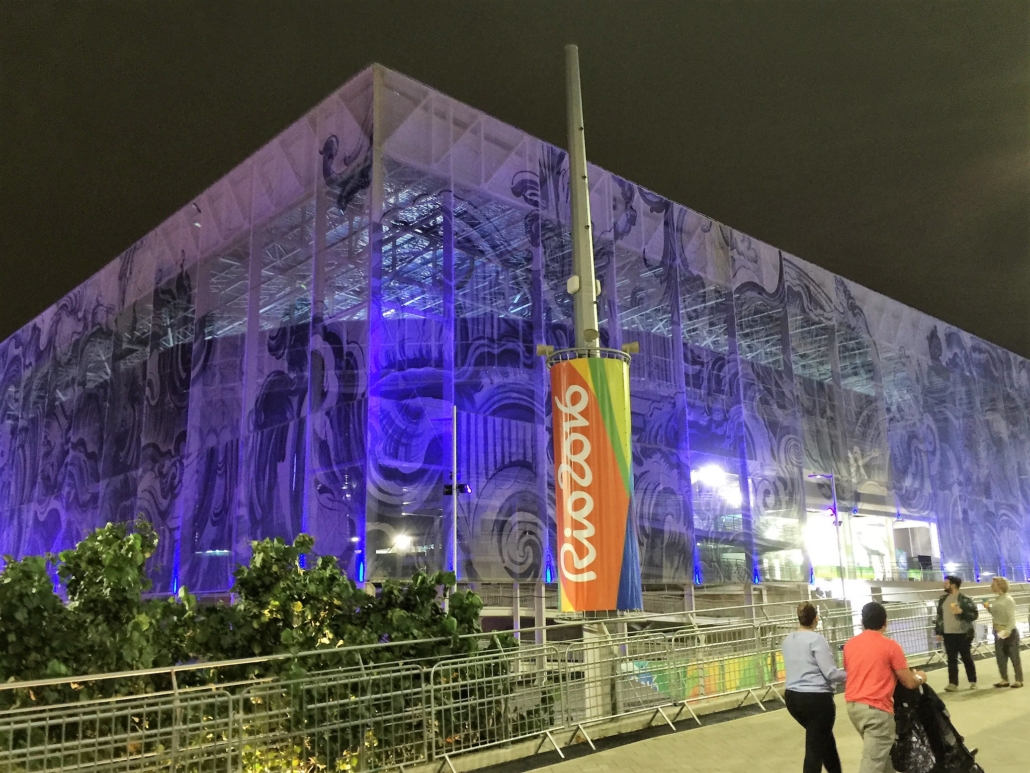How The Olympic Refuge Foundation is Helping Refugees

With a growing number of people across the world who are forced to leave their livelihoods and start a new life somewhere else, projects that increase confidence and well-being are a key part of minimizing the chances of poverty among refugees. The Olympic Refuge Foundation is using sport to encourage communication and teamwork, provide a regular routine and increase the self-confidence of refugees.
4 Facts About Refugees
- The number of people having to flee their homes is the highest it has ever been: there are currently 35.3 million refugees worldwide.
- According to UNICEF, around half of the world’s refugees are children. This is particularly worrying as refugee children are three times more likely than refugee adults to be poor. Poverty alleviation strategies must take into account the well-being of refugees and put in place programs that unlock refugees’ potential – sport is an obvious way to do this.
- Developing countries are hosting 85% of refugees who face disproportionate rates of poverty.
- Turkey now hosts the highest number of refugees with 3.7 million, followed by Colombia with 1.7 million.
World Refugee Day, celebrated each year on June 20, aims to highlight the strength and courage of people who have had to flee their home country. In 2023, the main theme focused on hope, which is no better embodied than by the athletes dreaming big on the Olympic Refugee Team.
The Olympic Refuge Foundation
Since the 1990s, the International Olympic Committee (IOC) and the United Nations High Commissioner for Refugees (UNHCR) have been developing sports programs in the camps and settlements refugees often find themselves in. People from many different countries, who speak multiple languages, have been able to unite through sport and find joy in a simple game of basketball.
Since then, the sports projects have developed beyond the walls of the camps. In March 2016, the IOC announced the creation of the Olympic Refugee Team, and that summer at the Rio Olympics, 10 athletes were selected to represent the first-ever IOC Refugee Olympic Team.
At the Olympic Games in Tokyo 2021, 29 refugee athletes competed across 12 different sports. The increase in top-level athletes also reflects the expansion of sports programs around the world that are working to help refugees. In December 2017, the IOC created the Olympic Refuge Foundation with the aim of providing consistent support not only to high-level refugee athletes but to refugees across the world. The foundation now supports 12 programs in eight countries: Colombia, the Democratic Republic of Congo (DRC), Jordan, Kenya, Mexico, Rwanda, Turkey and Uganda and is looking to extend the project to Colombia and France.
The sports projects in refugee camps provide safe and inclusive spaces for young people escaping violence, abuse, negligence and exploitation. Young people of different nationalities are able to communicate with each other through the common language of sport, making valuable friendships and building trust and confidence in themselves. The day-to-day activities contribute to the social cohesion and development of people who have been scarred by their past. Fighting the feeling of hopelessness and desolation — so common in camps — is key to their future growth and recovery.
Terrains D’avenir
The IOC and Olympic Refuge Foundation are also keen to use the upcoming Olympics in Paris as a tool to encourage sport in local communities in France. With the support of the French Ministry of Sports and multiple other partners, a program – Terrains d’Avenir – has emerged to provide 7,000 young people who are displaced with access to sports by 2025. The program, which launched in June 2023, aims to support refugees in recovering from their experiences of trauma and to involve them in French society through sport.
The project is open to any displaced young person, regardless of their administrative status or ability to speak French and will offer organized activities across a variety of sports. Starting a new life somewhere is never easy; learning a new language, adapting to new customs, finding a new job and integrating yourself into the local community take time and patience. However, if these steps can be achieved, the chances of poverty among refugees are far less likely.
– Almaz Nerurkar
Photo: Flickr
